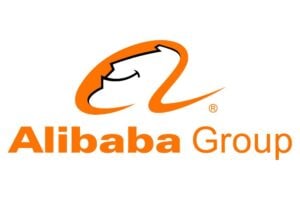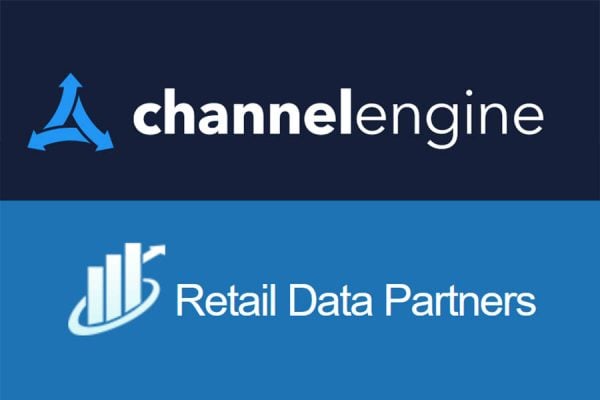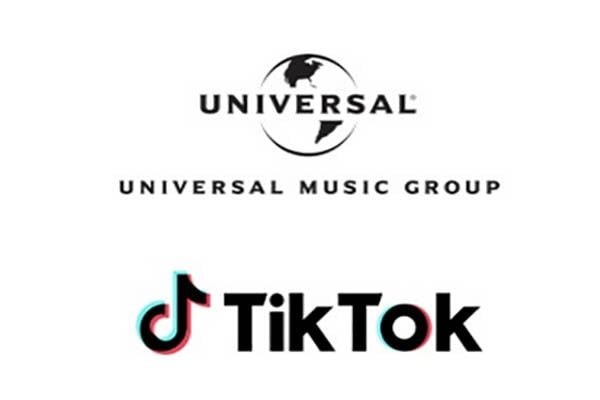China is a huge potential market for retailers in the West, but only a handful of sellers target the territory due to the language, culture, payments, logistics and legal complexities. That’s something that Alibaba want to change with their Gateway ’17 program.
The China’s middle-class population is projected to exceed 600 million by 2022. That’s 10 times the size of the entire UK population and middle-class Chinese not only have money to spend but they’re discerning, hence Alibaba’s efforts to stamp out counterfeit goods, launch of a Luxury Pavillion and their focus on attracting Western brands to sell in China.
To date Alibaba have held a conference in the US with a second scheduled in Canada in September, but you don’t need to be a US or Canadian retailer to start selling on Alibaba, although if you are Canadian then certainly attending Gateway ’17 Canada in Toronto on the 25th of September will accelerate the process for you.
The selling options
Taobao Marketplace
China’s largest mobile commerce destination, offering the widest array of products of any online marketplace in China. Taobao is more than just an e-commerce platform. Chinese consumers use Taobao multiple times a day to discover, shop and seek entertainment, such as watching livestreamed videos, and interact with other consumers.
Tmall Marketplace
China’s largest third-party platform for both homegrown and international brands and retailers. It provides a premium shopping experience and showcases top-quality branded merchandise for increasingly sophisticated Chinese consumers.
The selling solutions
Taobao Solution
Ideal for small to medium sized businesses with little-to-no experience in the China market. Sellers can tap into China’s consumer market through Alibaba’s extensive network of wholesale trade partners. These distributors provide a one-stop solution for businesses to market and sell into China.
Tmall Soluion
Ideal for medium to larger sized brands with some existing brand awareness in the China market. Retailers can open a “flagship store” on Alibaba’s platform as a centerpiece of their China-specific branding and sales strategy.
Brands who are newer to the China market may choose to list select products on Alibaba’s owned and operated storefront, which presents an easy and efficient way for brands to test the waters with the Chinese consumer.
Which solution is right for you?
Tmall is the traditional way to sell on Alibaba but will require investment in time and money. You’ll probably need a small team of four or five people to focus purely on TMall which could detract from your existing marketplace business unless you can finance the head count separately.
Partnering with a Taobao wholesale trade partner brings selling on Alibaba down a notch to the level where smaller brands and retailers can get involved. Once you’ve struck up a partnership with an experienced Chinese partner they will handle most of the sales process on your behalf. Naturally as the partnership continues you will likely want to get more involved, but the cost of entry to the Chinese market is considerably less than TMall.
In either case you will still need to be a retailer with some scale and be able to offer brands which will be attractive to the Chinese consumer. Great examples of UK companies who are seeing success are the Cambridge Satchel Company and Whittard of Chelsea (purveyors of tea – somewhat bizarre selling tea to China but the love of British brands runs deep with Chinese consumers).
Don’t think that just because Alibaba has held a conference or two in North America that they’re not interested in UK and EU business because they most certainly are. If you think your brand is ready to sell into China consider signing up to sell on Alibaba.










